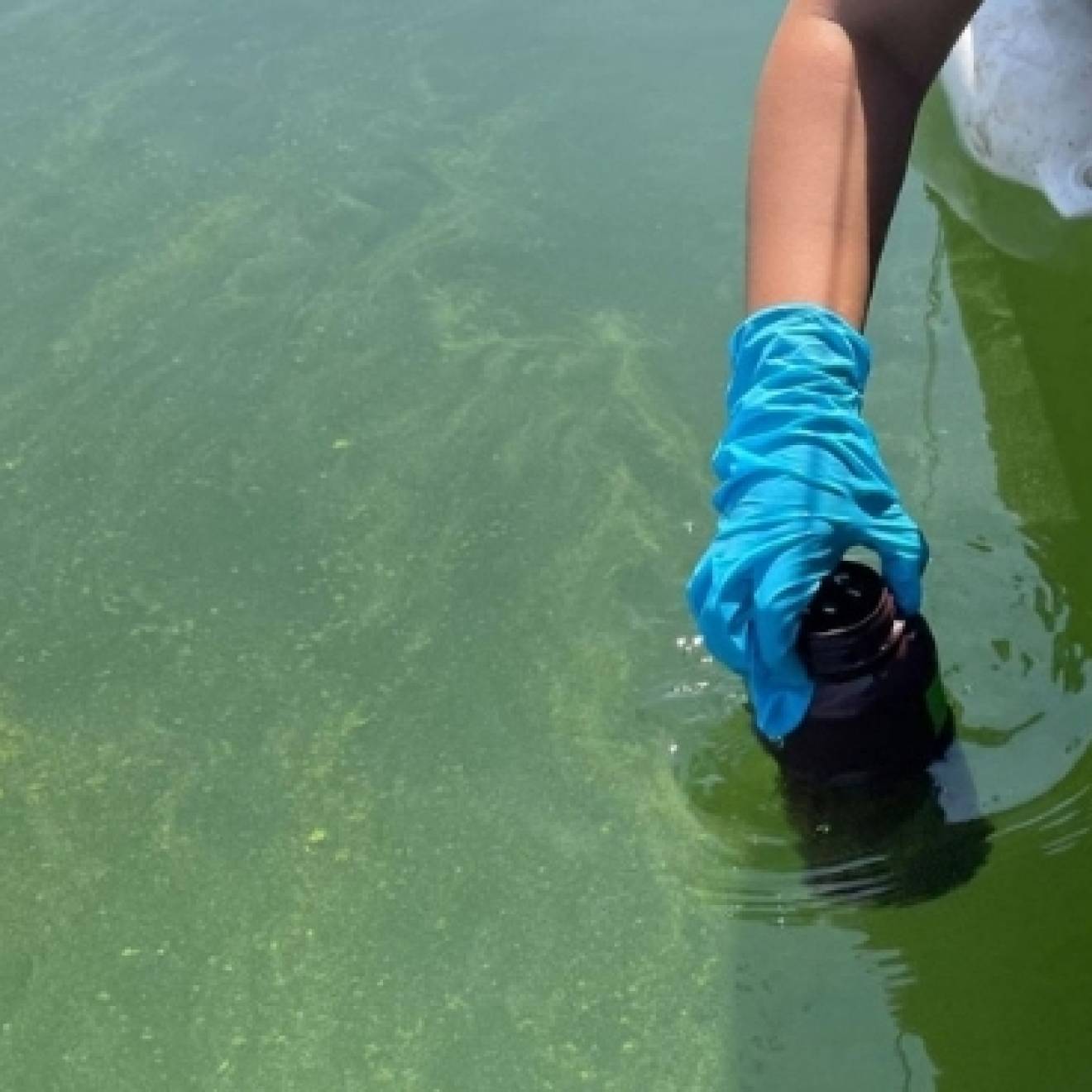Julia Busiek, UC Newsroom
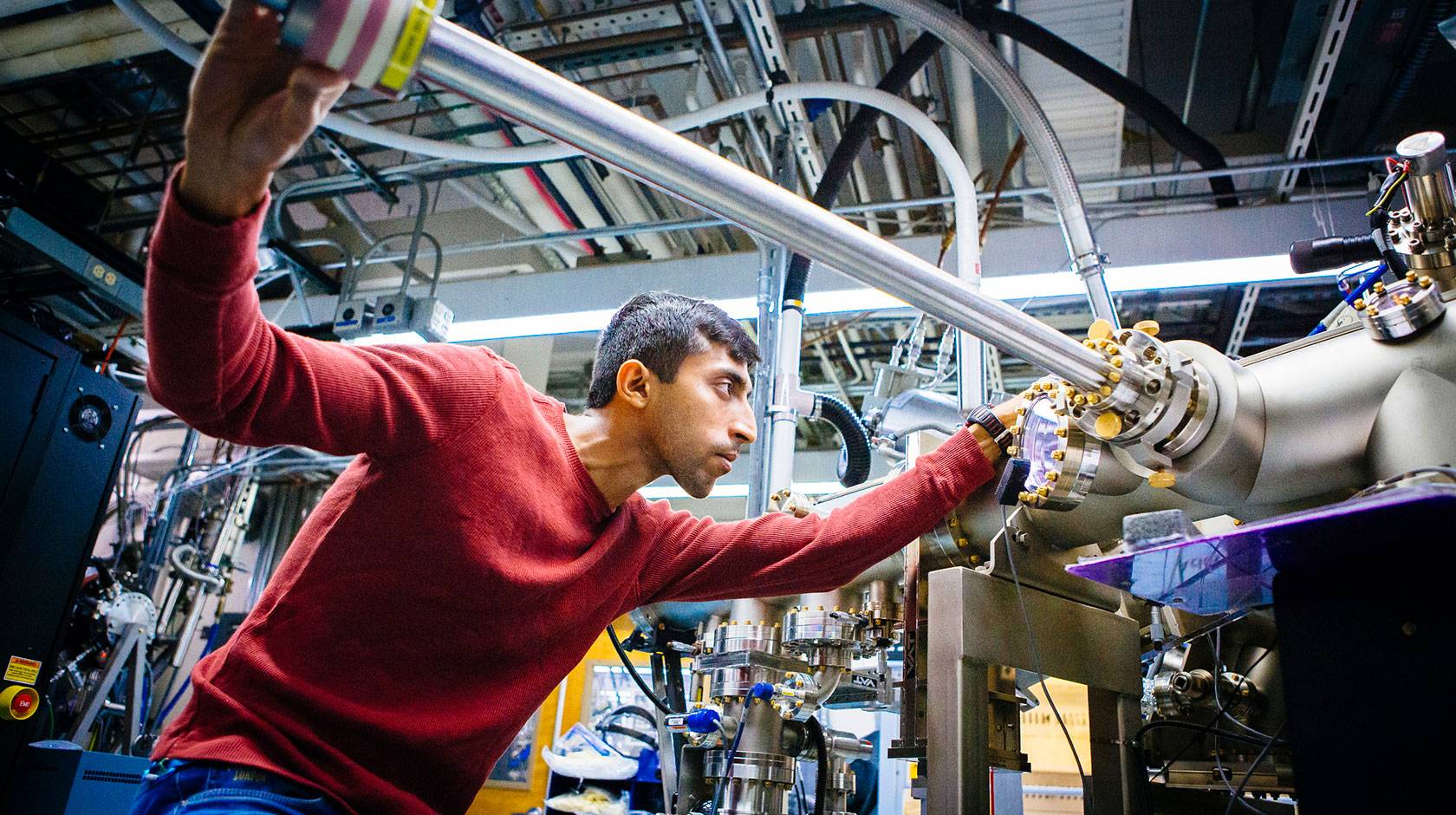
Every Californian can be proud of the history-making, economy-boosting discoveries that have emerged from its world-renowned public research university.
University of California breakthroughs — from the internet to cancer drugs to the chip in your smartphone to the food on your plate — have saved countless lives worldwide, sparked whole new industries, and kept America safer and stronger on the world stage.
But now, UC scientists’ ability to move forward faces multiple obstacles. The federal government has suspended over $500 million in UCLA research funding and demanded a $1billion settlement. That alone would devastate UC, but more federal threats loom: Congress is considering deep cuts in the coming year to the federal science agencies that fund university research nationwide — in some cases by half.
As the situation unfolds, it’s vital to understand just how much is at stake if UC research falters. It could leave the U.S. dependent on other nations for the technology that will drive the future, whether that’s quantum computing, a more resilient food supply or the frontiers of health care.
Here’s just some of the research happening at UC that’s poised to deliver transformative benefits to the American people. For these projects to realize their full potential, scientists need the reliable, competitively awarded funding that only the federal government can provide.
At stake: Cheaper seeds for farmers, with savings passed on to your grocery bill
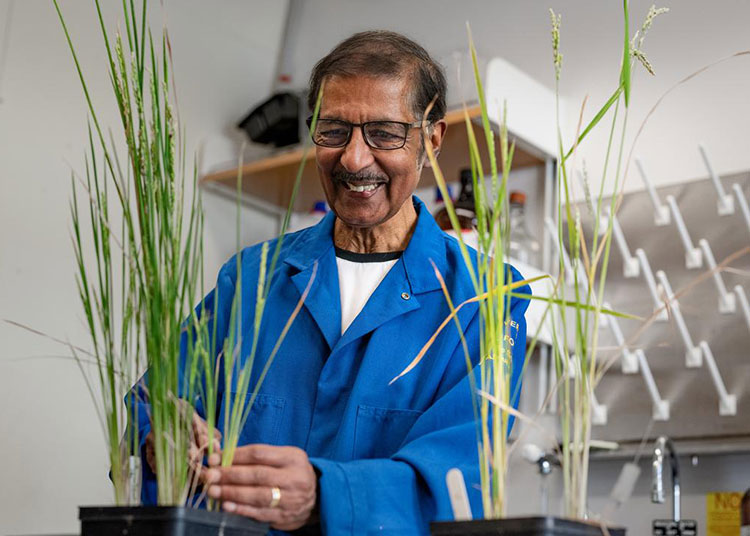
- UC Davis plant biologist Venkatesan Sundaresan, who used funding from the National Science Foundation and the U.S. Department of Agriculture to discover how to clone hybrid crop seeds.
Sundaresan’s discovery, a breakthrough that growers and scientists have pursued for close to 40 years, is poised to save seed companies time and effort producing hybrid seeds, with significant financial savings passed on to growers and ultimately consumers.
At stake: Stopping Alzheimer’s disease
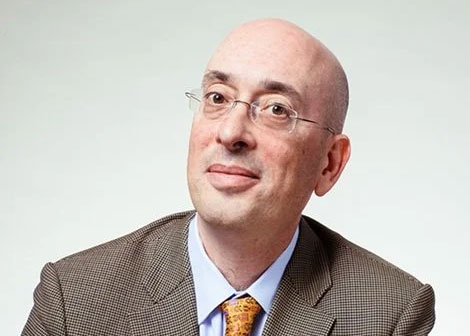
- UC San Francisco neurology professor Adam Boxer
With funding from the National Institutes of Health, Boxer is leading a clinical trial to test combinations of new and experimental Alzheimer’s drugs.
At stake: Preventing a catastrophic asteroid impact on Earth
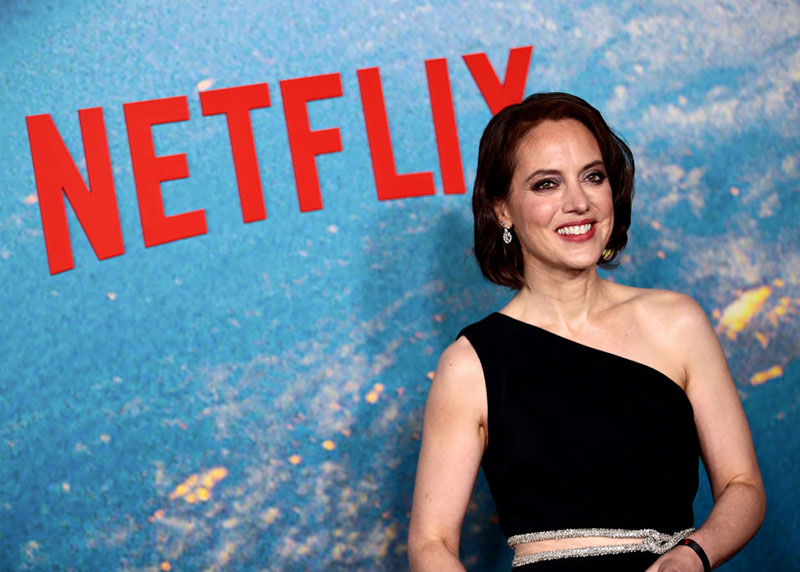
- UCLA astronomer Amy Mainzer, who’s leading a NASA mission to identify and gather data on comets and asteroids in our celestial neighborhood. Mainzer attended the 2021 world premier of "Don't Look Up," the dark comedy about humanity's scramble to avert an asteroid impact.
Designing, building, launching and operating the Near-Earth Object Surveyor Mission will take several years and lots of money and know-how. Whether the U.S. will still invest in the project and in training future generations of astronomers like Mainzer is now an open question.
At stake: Quantum computing
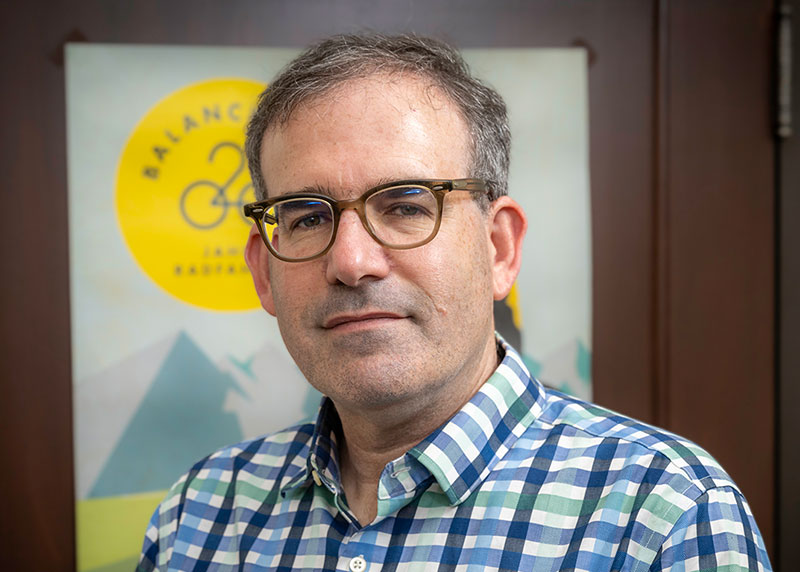
- UC Berkeley physicist Dan Stamper-Kurn, who leads the Challenge Institute for Quantum Computation.
This National Science Foundation-funded research institute that brings together scholars from UC Berkeley, UCLA, UC Santa Barbara and several other leading universities to push the frontiers of quantum information science.
At stake: Filtering and destroying toxic “forever chemicals” in drinking water
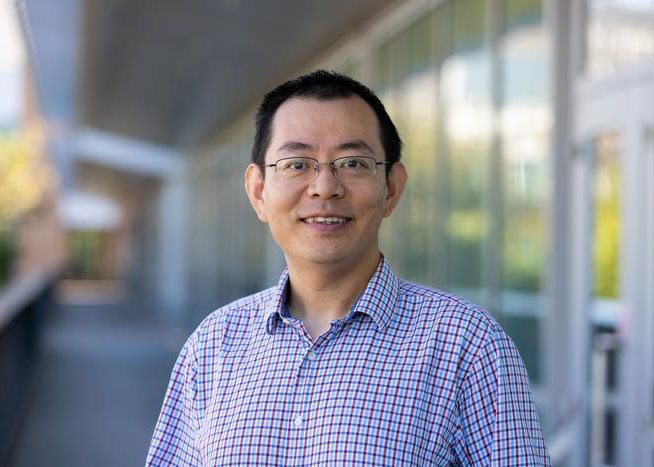
- UC Riverside chemical and environmental engineering professor Jinyong Liu.
With funding from the Department of Defense and the National Science Foundation, Liu has studied more than a hundred long-lasting industrial compounds and discovered processes that destroy most of them. Now he’s working with environmental remediation industries and water utilities across the U.S. to roll out systems that filter PFAS out of local drinking water and groundwater, then destroy these chemicals permanently.
